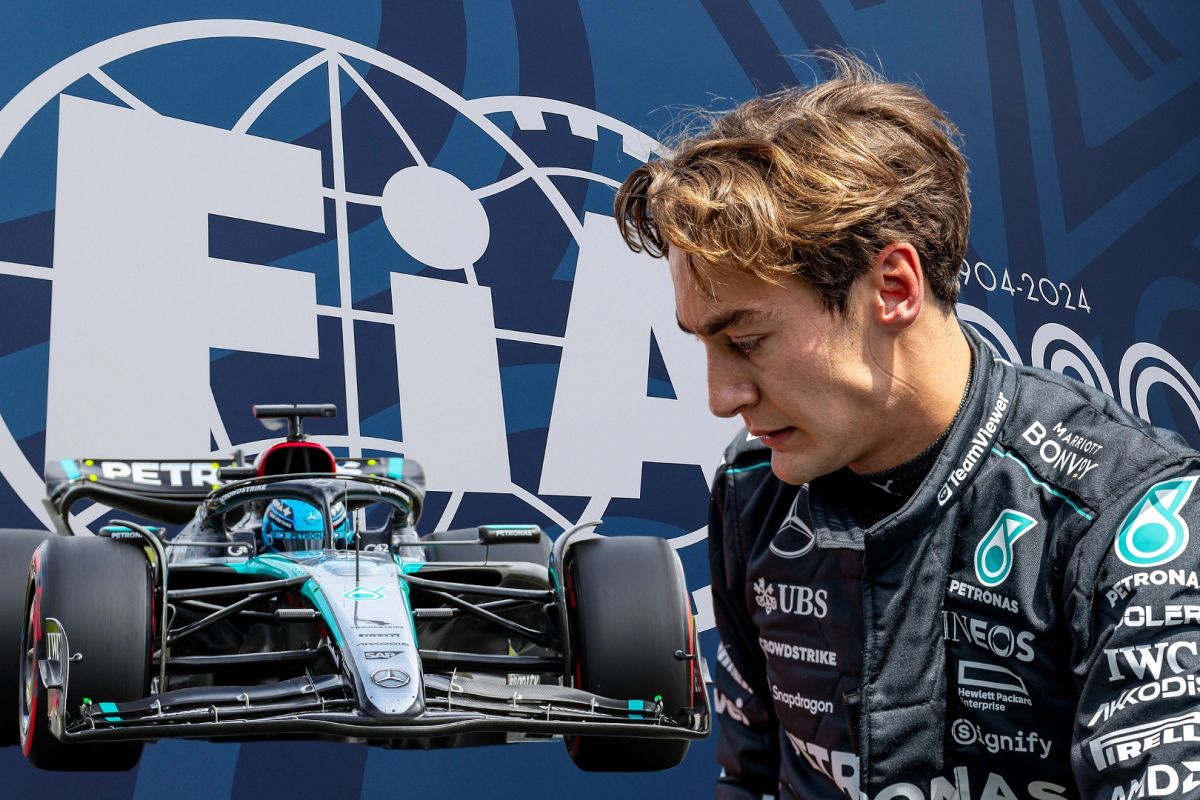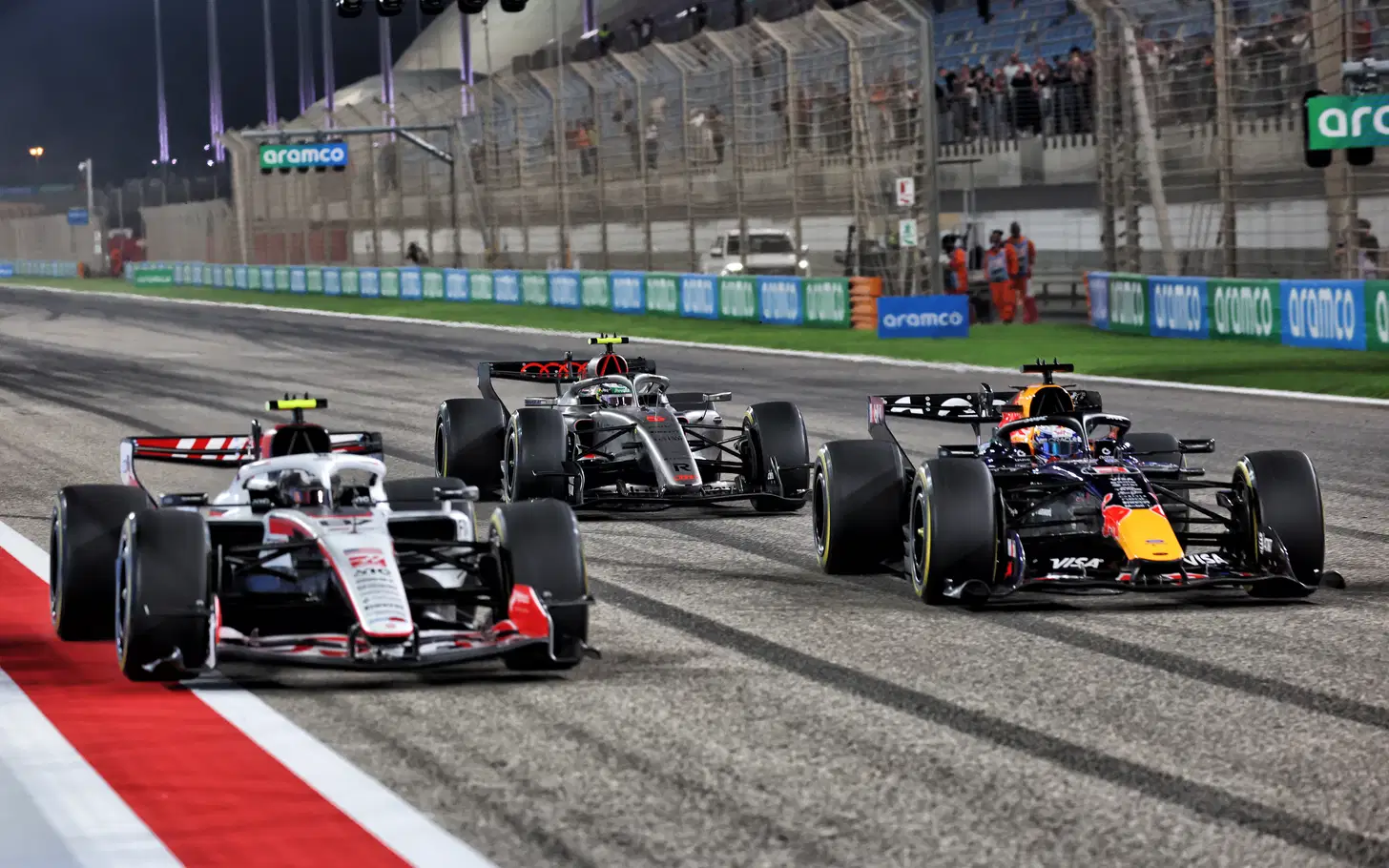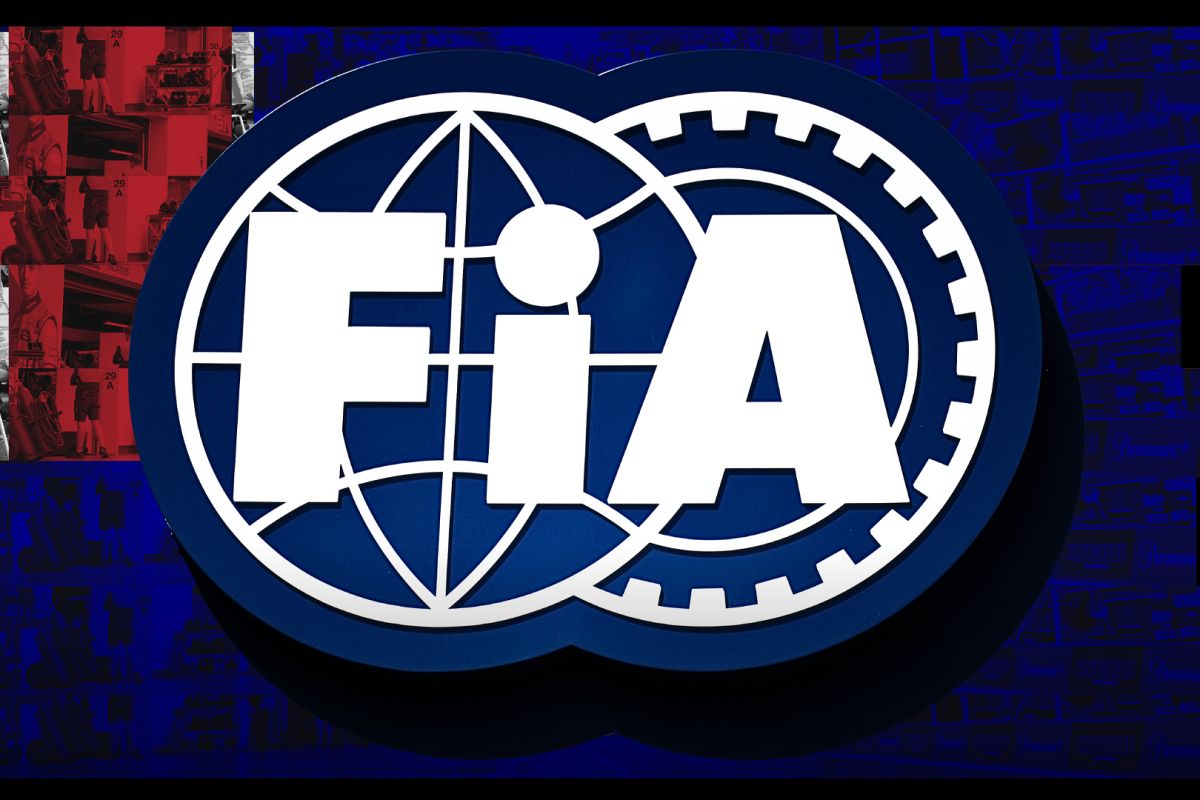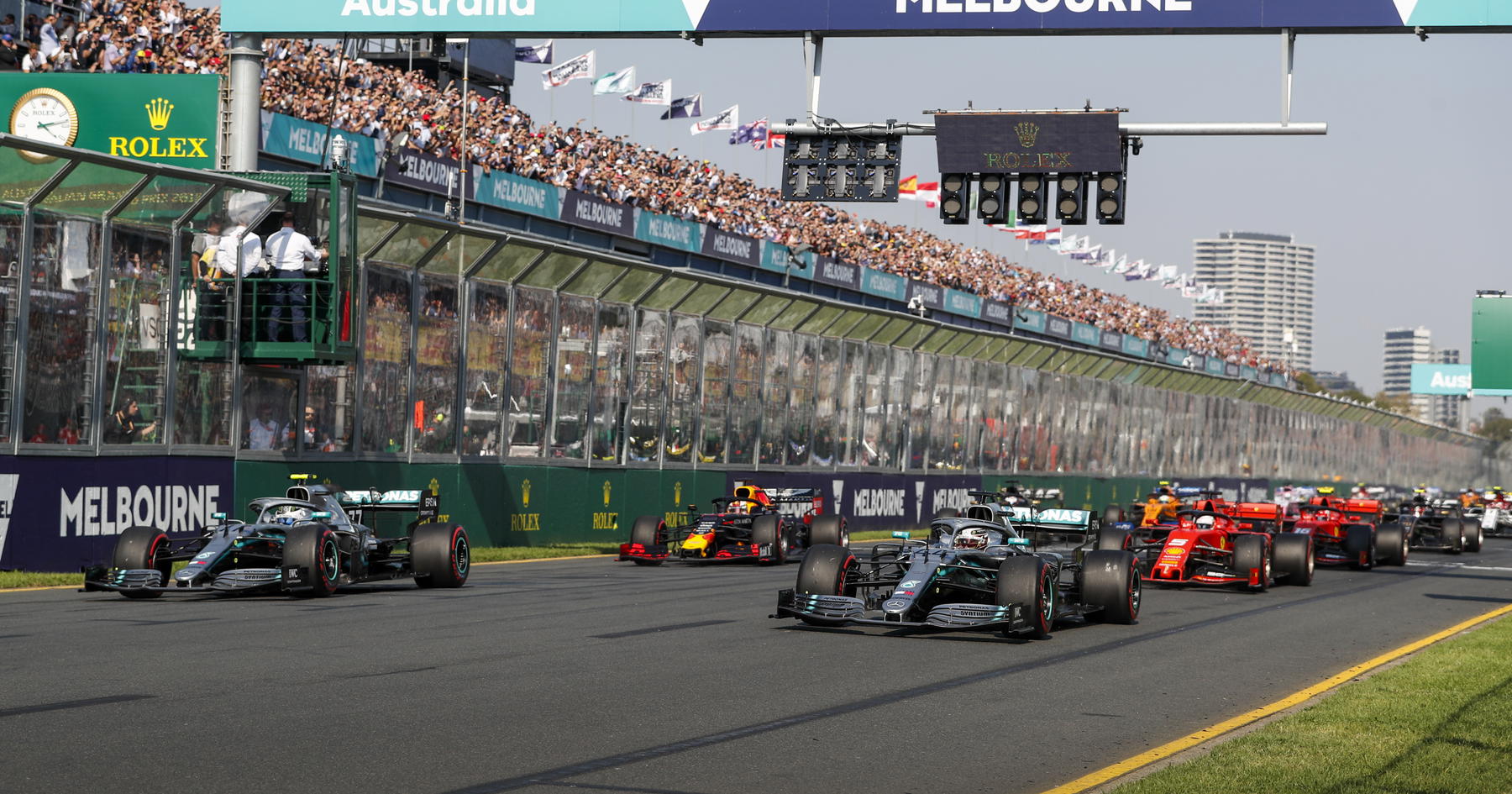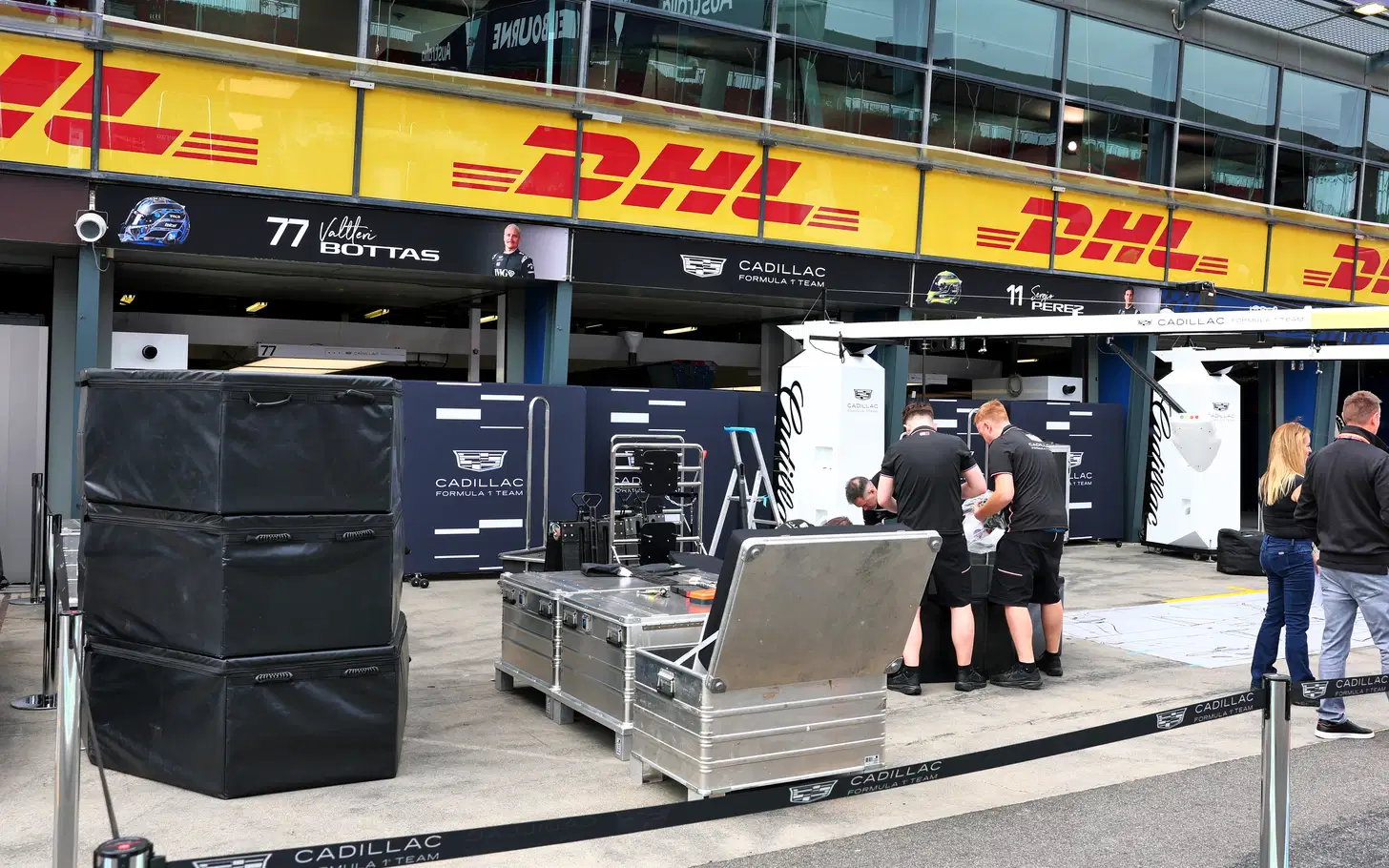George Russell Calls Out FIA Over “Ridiculous” Rules as Penalty for Swearing is Reduced
Mercedes Formula 1 driver George Russell has voiced strong criticism of the FIA following the recent rollback of a controversial rule regarding driver conduct, particularly the penalties for swearing during official media duties. Russell, who also serves as director of the Grand Prix Drivers’ Association (GPDA), labeled the original regulations as “ridiculous” and questioned why such extreme punishments were ever implemented in the first place.
In a move that has stirred debate throughout the F1 paddock, the FIA has recently revised its disciplinary code to reduce the severity of punishments for drivers using offensive language during press conferences and public appearances. The change comes ahead of the 2024 Emilia Romagna Grand Prix at Imola and follows backlash from drivers and fans alike over what many felt were over-the-top disciplinary measures.
The issue gained attention last season when reigning world champion Max Verstappen received a community service-type penalty for swearing during a press conference at the Singapore Grand Prix. The incident sparked widespread criticism, prompting questions about whether the FIA’s stance on driver behavior was too strict for a high-pressure, emotional sport like Formula 1.
Previously, under the old rules, a first-time offender could face a fine as high as €40,000 (around £33,700) and, in cases of repeat offenses, even risk a race ban. This heavy-handed approach was met with disapproval across the F1 grid, with all 20 drivers uniting in opposition. They issued an open letter to the FIA, demanding that they be treated like responsible professionals rather than micromanaged individuals.
Responding to the changes this week, Russell expressed relief but pointed out the broader issue: such rules should never have been introduced in their original form. “We’re talking about a situation where things have been reversed because they were a bit ridiculous from the start,” Russell said during a media briefing. “Of course, we’re happy that it’s changing, but it shouldn’t have been like this in the first place. So it feels a bit strange to be grateful for those changes when we shouldn’t have been in this situation in the first place.”
The FIA’s revised guidelines, released on Wednesday, significantly reduce the penalty for a first offence to €5,000 (approximately £4,200). The possibility of being banned from a race for repeated swearing has also been removed, marking a more balanced approach to enforcing professional conduct.
Russell, who has consistently advocated for fairer treatment of drivers in his role as GPDA director, played a key part in challenging the FIA’s previous stance. The drivers’ collective response and the pressure applied by figures like Russell appear to have been instrumental in forcing the rule change.
However, while the penalties for swearing have been eased, the FIA has simultaneously introduced tougher measures for more serious misconduct. Drivers found guilty of ‘public incitement to violence or hatred’ will now face a fine of €20,000 (around £16,800). This indicates a shift in focus from controlling emotional outbursts to clamping down on genuinely harmful or inflammatory behavior.
The decision to revise the swearing penalties suggests that the FIA is listening—at least in part—to the concerns of the drivers. But the episode has raised broader questions about the relationship between the governing body and the athletes it regulates. As Formula 1 grows in global popularity, the line between maintaining professionalism and stifling personality becomes increasingly important.
With the 2024 season in full swing and tensions occasionally flaring both on and off the track, many believe it’s crucial for the FIA to find a balance that preserves the sport’s authenticity while enforcing appropriate standards. For George Russell, the message is clear: drivers must be allowed to express themselves, especially in the emotional and high-stakes environment that defines Formula 1.
